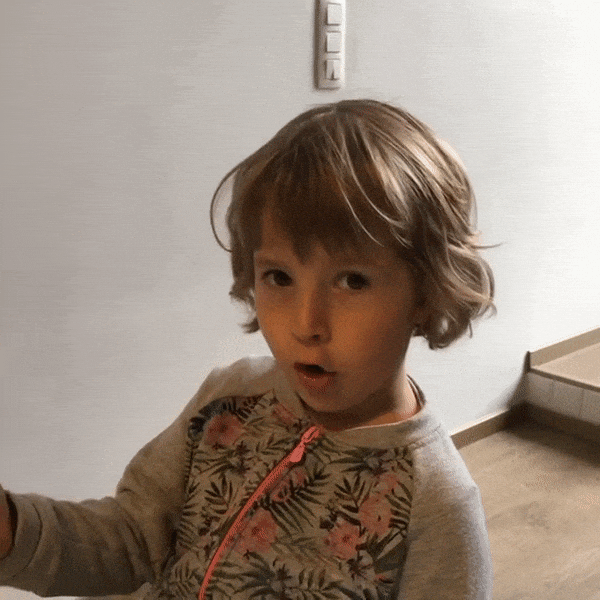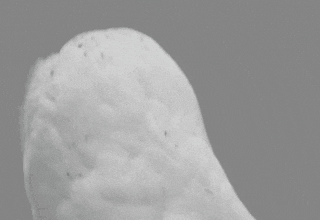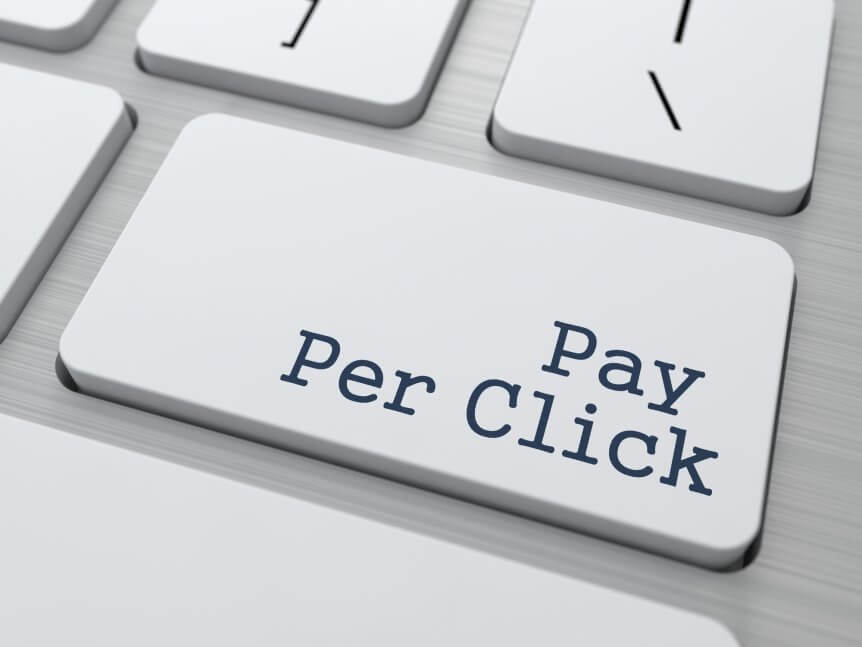Some enterprising person (who obviously has WAY too much time on their hands) found 159 different types, and provided definitions for each of them. Fascinating, but for today’s small business owner, all you need to know, is that the most cost-effective and trackable marketing leverages digital channels.
Digital marketing is the marketing of products or services using technologies on the Internet and mobile phones—something most of today’s consumers use multiple (multiple, multiple) times a day. Sometimes even an hour. Or per minute. You’re on it right now.

One of the more desirable and effective digital marketing options is Pay-Per-Click (PPC) marketing, which is exactly what it sounds like.
It’s an ad (aka the content) that you, the small business owner creates or has created for you, and has placed into a digital platform (such as Facebook, Google, Twitter, etc). You, the advertiser, are then charged for the ad based on the number of times someone clicks on your ad/content to view it or when it moves them to your website.
In other words, you pay for results. Pay per click.

Depending on which digital platform you decide to use PPC on, you will pay for ad clicks that deliver viewers to your site, or for impressions, video reviews, or any type of on-site impression. Bottom line, you’re actually paying for something definable and measurable.
An example of PPC marketing can be found via Google, with its delicately labelled ads appearing above and below the search results.

The actual organic search results don’t appear until after the ads, product shopping lists, map and local listings, and image search results. On Google, it’s advertisements first, search results second. And it’s essentially the same on other search engines: Bing, Yahoo, Ask.com, and AOL.com, and even on DuckDuckGo who block advertiser tracking.
It’s a delicate balance as search engines need to cater to both searchers and advertisers—the latter being how the search engine makes a bit of money, the former being what attracts them.
Some companies will purchase website placement on a Google search page, while others rely on old-fashioned organic visitor hits to determine what Google chooses to show first. We recommend a balanced approach between organic search (approximately 75% of traffic from search) and paid (approximately 15% of search traffic, but higher in some niches).
But that’s why PPC marketing can better ensure your company is at the top of a search, providing the small business owner the opportunity to attract online users to your site – local users who might never have found your website amid all of the internet craziness.
Pay-per-click marketing is a magnificent tool to help any business create and build brand awareness, lead generation, and begin and drive user conversation. You get to target your ads to your ideal audience, and then only pay when someone acts on your ad! That’s an offer you definitely won’t get from the phone book guys.
Now this might frighten some of you. What if I’m charged $5 per click, and I get 100 clicks? That’s $500!

True. But let’s say you get even 10 percent of those 100 clicks to purchase something from your website—you will make up your ROI (return on investment) quickly. No one buys one can of cat food, after all. And even if you feel that you didn’t make your money back with sales, note that it was just an initial sale. Your company’s pricing and service will generate further opportunities for sales—even if they don’t re-click your PPC ad. We recommend considering the Lifetime Value (LTV) of a new client when tracking the value of your PPC marketing.
That does make it difficult on the surface to measure your ad cost, but it does, in fact, lower the overall cost of your PPC marketing—multiple sales via one ad.
Still not satisfied? How about this: people doing searches on the internet actually click on PPC ads more than any other type of digital advertising. Why? Because the PPC ads are actually targeted to the searcher’s needs. If you search for cat food online, cat food ads and company results will show up in your results—and they show up at the top of the search.
This, of course, makes it ideal for the advertiser, as the search engines will put relevant ads directly in front of the audience searching for a product or service. And, the advertiser is able to monitor the quality of the searches via analytics.
For search engines, placing relevant and high-performing ads at the top of search pages also means revenue for them, and satisfaction for the searcher.

Pay-per-click advertising is a win-win-win scenario for advertisers, searchers and search engines.
But here’s the thing: pay-per-click advertising really works depending on how well the advertiser has created their ad, using information searchers find most interesting. Ergo, a well-crafted ad will show up as being more relevant in a local area search, meaning it will show up more often in searches, increasing your click-through rates and thereby lowering your overall cost of the ad per click.
Located in the Toronto area, Strider helps local business across North America initiate and maintain your pay-per-click marketing strategies and more. Contact us today for a personalized Digital Ads recommendation.

